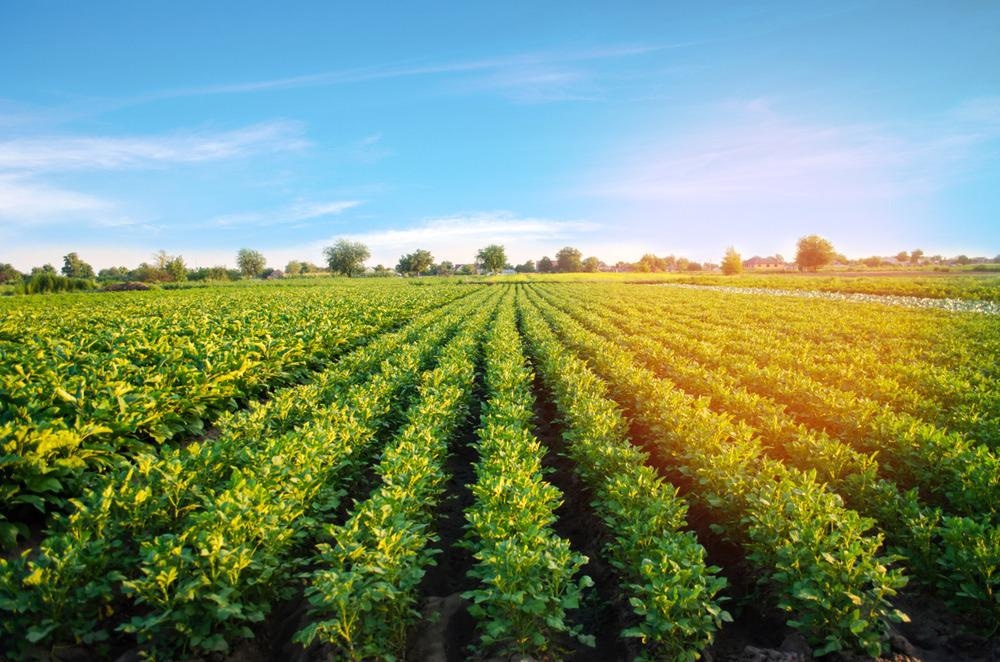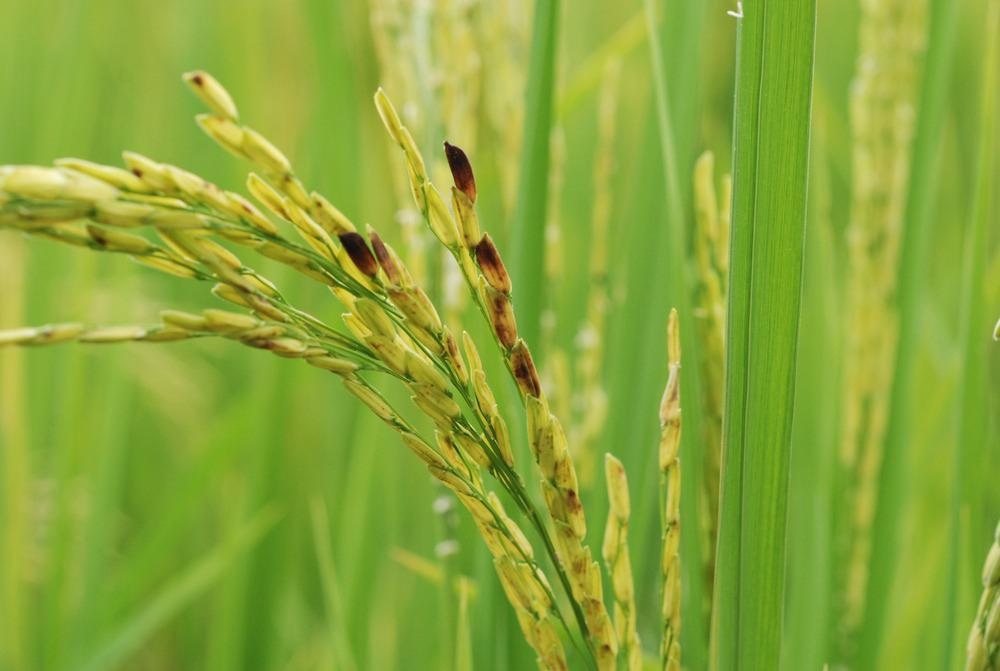By 2050, the world will need to produce double the amount of crops it currently produces to feed the rapidly growing population and respond to our increasingly rich diets. The world is hurtling towards a global food crisis as the number of people lacking sufficient nutrition rises. The economic impact of the COVID-19 along with the increasing prevalence of weather extremes saw pre-existing fragilities worsen between 2019 and 2020.

Image Credit: Andrii Yalanskyi/Shutterstock.com
Data show that 155 million people were living in crisis or worse during 2020, a drastic increase from the 20 million people in the same position in 2019. If action is not taken, global food insecurity will leave millions without proper nutrition, putting them at increased risk of physical and mental health issues and death. One key strategy to tackling the looming global food crises is to produce greater crop yields without the need for more agricultural land.
Producing greater crop yields without needing extra farmland
Scientists have developed numerous strategies to help produce more crops per inch of agricultural land to address the world’s ever-increasing need for food without having to compete with the needs of rapid global urbanization to secure extra landscape. Such innovations include vertical farming, incorporating sensors and the IoT to mitigate the impact of severe weather events, and reducing food waste via edible sensors. Additionally, scientists are heavily relying on biochemistry to improve crop cultivation and enhance crop yields.
Over recent years, scientists have effectively leveraged biochemistry to promote sustainable crop production, enhance crop quality, prevent post-harvest losses, and boost crop yields. In addition, biochemistry has helped deepen our knowledge of how plants respond to abiotic stress, how their metabolisms work, and the underlying mechanisms that are vital to successful plant growth and development. All such factors are fundamental to increasing crop yields, helping the agricultural sector produce greater quantities of food to help reduce food insecurity.
Using biochemistry to prevent plant disease
Each year, it is estimated that around 25% of crops are destroyed by disease before they can be harvested. Strategies that prevent disease, therefore, offer great potential to enhance crop yields. Scientists are using biochemistry to develop disease prevention methods to help farmers produce more crops at each harvest.
Plants have evolved complicated defense mechanisms to naturally protect them against pests and pathogens that cause disease. As the first line of defense, plants have physical barriers that protect them from disease-initiating pathogens. If this line of defense is compromised, plants receptors trigger signaling pathways, turning on defense response genes. The immune systems of plants can recognize invading molecules and respond defensively, activating pathways that implicate multiple genes.
To evade the immune response, pathogens actively interfere with the plant’s response pathways. Recent advances in biochemistry have allowed scientists to gain a deeper understanding of how plant-pathogen interactions work, thus providing them with a framework for developing effective strategies to defend plants against disease, based on their natural defense mechanisms.

Image Credit: PDA studio/Shutterstock.com
Using biochemistry alongside genetics
Like in humans, genes in plants can be switched on or off, triggering the expression of a certain phenotype or behavior, or turning it off. Scientists have been using biochemistry alongside genetics to understand which genes are involved in which processes and the expression of specific phenotypes, and to develop systems that gain control of the natural “switching on and off” of certain genes.
For example, recent research has revealed that some plants carry a gene that prevents the plant from flowering during the winter months by coding for a repressor protein. Changes in expression of this gene occur over time, mitigating the impact of this repression and allowing the plant to flower. Scientists are currently working on identifying exactly which genes are involved in this process so that they can develop a strategy that manually overrides natural systems to have control over when plants enter their flowering cycle.
In agriculture, this could help improve crop yields by only allowing plants to enter their flowering cycle at the opportune moment.
The combination of biochemistry and genetics is being used to explore many other avenues that could benefit crop yields. For example, scientists are exploring genes that are related to making plants more durable. Recent research has investigated genes involved in the production of lignin, a polymer that makes stems hard and durable. Further research could lead to the development of stronger crops that are more resistant to harsh weather conditions.
Summary
The application of biochemistry in crop cultivation is yet to reach its full potential. Although in its infancy, it is already playing a vital role in addressing global food insecurity by developing systems that can increase crop yields. We can expect research in this field to explode over the coming years as tackling food insecurity becomes even more urgent.
Sources:
- A Five-Step Plan to Feed the World. Jonathan Foley. National Geographic. Available at: https://www.nationalgeographic.com/foodfeatures/feeding-9-billion/
- Andersen, E., Ali, S., Byamukama, E., Yen, Y. and Nepal, M., 2018. Disease Resistance Mechanisms in Plants. Genes, 9(7), p.339. https://www.ncbi.nlm.nih.gov/pmc/articles/PMC6071103/
- Fang, J., Zhu, X., Wang, C. and Shangguan, L., 2016. Applications of DNA Technologies in Agriculture. Current Genomics, 17(4), pp.379-386. https://www.ncbi.nlm.nih.gov/pmc/articles/PMC4955036/
- Global Report on Food Crises - 2021. Global Network Against Food Crises. Available at: docs.wfp.org/.../
Further Reading
Last Updated: Feb 24, 2022